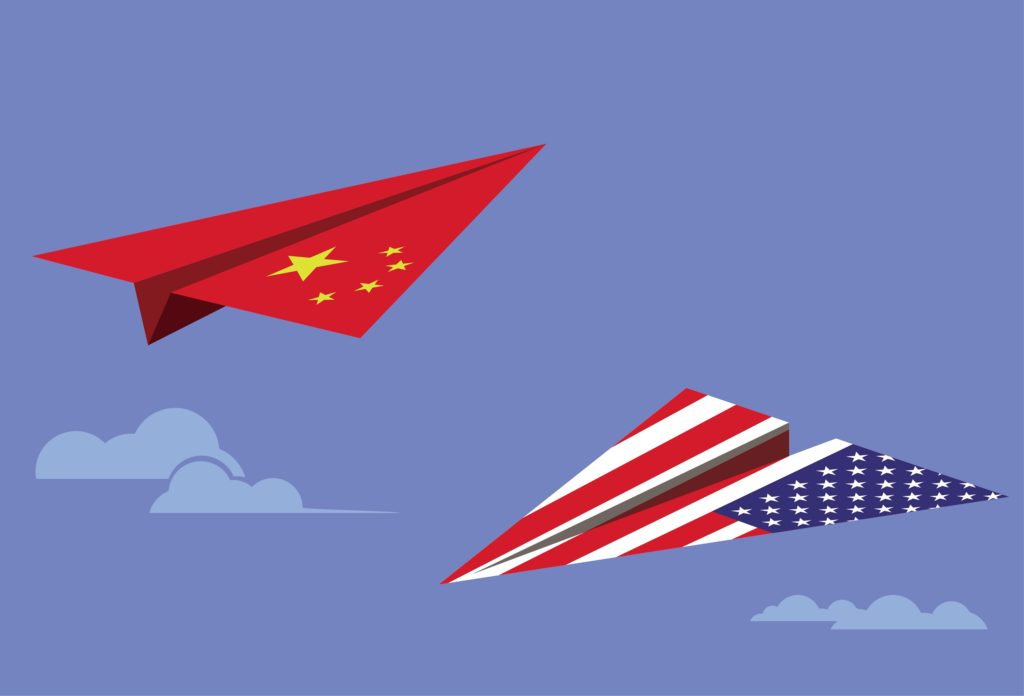Amidst the pandemic caused by COVID-19, this is a crucial time for scholars worldwide to pursue Chinese Studies, particularly in the United States, where a much better understanding of China is warranted. Traditionally, Chinese Studies is associated with the study of Chinese language, culture, society, and history. However, Chinese Studies at present has become very comprehensive that includes almost all academic disciplines in the natural and social sciences.
In the natural sciences, scholars pursue Chinese Studies to understand the meaning, significance, and practice of natural studies in China, particularly in the field of mathematics, physics, chemistry, astronomy, and medicines. In the social sciences, academics are interested not only in Chinese history, society, religion, and culture but more so now in Chinese government, politics, economy, demography, foreign policy, military, security policy, and the like.
The outbreak of COVID-19 offers a panoply of options for scholars to pursue Chinese Studies because China has become the epicenter of many academic discussions and even policy debates on the issue. Studies about COVID-19 in China can interest non-Chinese scholars worldwide on three main issues of scientific inquiry: ontology (questions on what things exist); epistemology (knowledge generated from things that exist); and methodology (processes, steps, and approaches to be undertaken to find out things that exist).
Natural scientists (particularly biologists, virologists, epidemiologists, and public health scientists) can pursue Chinese Studies to find out how COVID-19 is being studied in China, particularly on the origins, characteristics, and effects of the virus. Social scientists can also weigh in to examine roles and responses of the Chinese government, the private sector, and broader civil society on the pandemic.
In the field of International Studies, interests in Chinese Studies loom large on the issue of China’s growing roles and responsibilities in the international community. There is a view that the pandemic has placed the world in a global turning point with China at the center stage of discourses. Others argue that the consequences of the COVID-19 pandemic can usher in a new world order led if not dominated by China as Beijing’s ‘mask diplomacy’ is currently showing its greater interest in global leadership. However, an American political scientist, Joseph Nye, stressed that it would be premature to conclude about a new world order caused by the COVID-19 pandemic.
There is no doubt that the present pandemic is causing a more intense major power rivalry between the United States and China. The United States blames China for putting the world at risk by covering up the problem and for lying about the gravity of the public health situation in the world’s second-largest economy. President Donald Trump even accuses Beijing of its lack of transparency and decisiveness to curb the global spread of the disease, which he pejoratively calls ‘the Wuhan virus’ or ‘Chinese coronavirus’ that apparently stigmatizes China as the origin and source of the pandemic. For Trump, COVID-19 is made in China and that the world should account China for worldwide infections and global sufferings.
China’s foreign ministry, on the other hand, describes these accusations as ‘fake news.’ President Xi Jinping justifies its drastic actions against COVID-19 as necessary and just; not only to protect China but also the rest of the world. Beijing officials have even alleged that the COVID-19 could have originated in the US. At the height of the epidemic in China, Chinese newspapers circulated stories saying that a US military cyclist attending the Military World Game in Wuhan in October 2019 was the source of the virus. There was even a conspiracy theory in China accusing American military personnel of bringing in COVID-19 to China as part of biological warfare. As of this writing, the US has become the epicenter of the COVID-19 pandemic.
With the current pandemic, US-China relations have reached the lowest moment in the history of their bilateral ties for blaming each other on the issue. If US-China relations continue to deteriorate and their major power rivalry incessantly deepens as both compete for global leadership in the post-COVID world order, it is paramount for the rest of the world to highlight the need for global leadership that will uphold the imperative to cooperate rather than compete in times like the COVID-19 pandemic. As the Asia Society’s Center of US-China Relations exclaims, ‘No effort against the coronavirus – whether to save American lives at home or combat the disease abroad – will be successful without some degree of cooperation between the United States and China.’
Nevertheless, cooperation with China will require a better understanding of China. Pursuing Chinese Studies is, therefore, becoming much more essential during this pandemic, not only to understand China but, most importantly, also to have a better knowledge of the role of China in the future of the world and the destiny of humanity.




